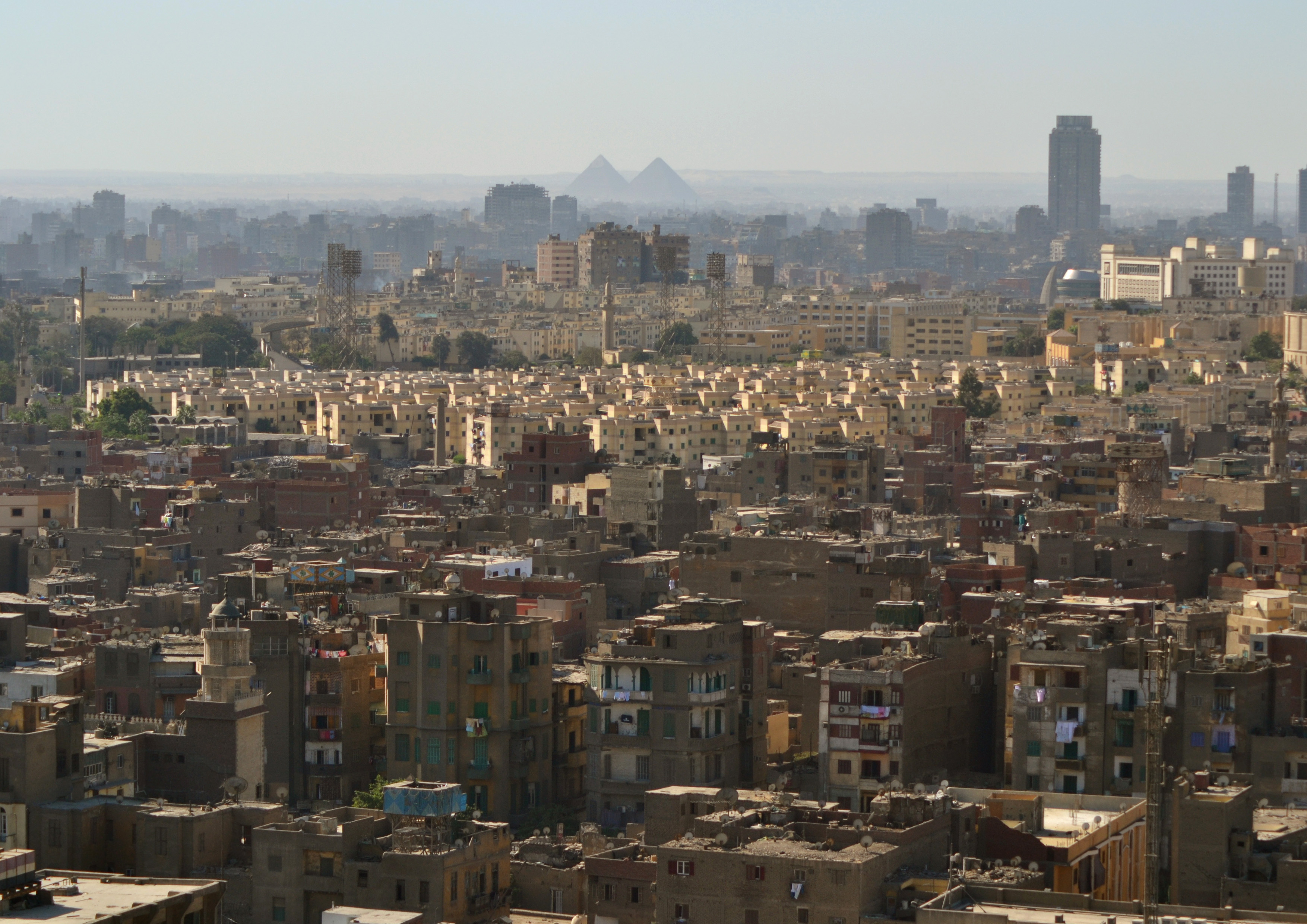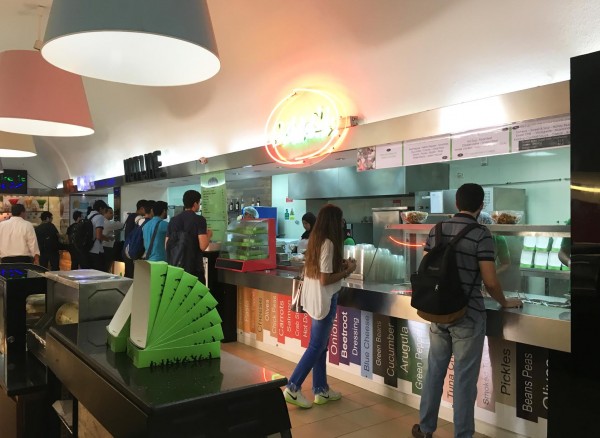Inequality of Social Opportunities Hinders Economic Development
By Mahmoud Said
Follow @mahmoudhsaid
Professor of Political Science and Economics at Yale University John E. Roemer told an AUC audience how circumstances during formative young years, including the education level of parents and the standards of schools can lead to inequality in economic opportunity later.
Roemer, author of the influential 1998 book Equality of Opportunity which looks at policies that level the playing field and eliminate the effects of luck, said that unbalanced economic factors may sometimes be beyond an individual’s control.
The education of the parents, specifically that of the mother, along with the resources devoted to nurturing and enriching the life of a child, also heavily influences the intellect and consequently the job prospects and income opportunities that this child may have in the future.
If your parents are university graduates, you are almost more likely to land jobs and earn much more money compared to individuals whose parents did not. You are likely to have the same education your parents had, Roemer said during the talk organized by international NGO Economic Research Forum (ERF) and AUC’s Alternative Policy Solutions (APS).
Toddlers with college-educated parents, for example, hear around 11.2 million words annually, whereas a working class baby hears 6.5 million, and one belonging to a family on welfare hears only 3.2 million.
The quality of education a child receives in most countries is largely dependent on the resources the parents provide, but most public school systems in many developing countries are inadequate, so resources and luck affect your potential, he added.
He used Scandinavian countries as an example of nations that successfully provide citizens with equal opportunities – free education from kindergarten right up to the university level.
In this scenario, the state guides children toward income equality and social welfare by ensuring that everyone has access to education, compensating children for disadvantageous family circumstances.
All that remains after supplying your population with equal opportunities to contribute and compete for resources, is for individuals to either choose to work diligently or bear the consequences, he said.
“Equality of opportunity is said to hold when incomes depend only upon effort. The ideal is that how well an individual does in life should depend only upon their effort and voluntary choices,not upon circumstances beyond their control,” Roemer added.
In Egypt, children of the most elite and educated class make more than double what the least advantaged category of Egyptians make on a monthly basis.
“My conjecture is that well over half of income inequality in Egypt is due to inequality of opportunity. That is to say, it is due to circumstances, beyond the control of people, which massively affect what their income prospects will be during their working lives ” Roemer said.
“However, we don’t, at present, have the data to totally demonstrate this.”
Distinguished Visiting Professor of Economics at AUC Ragui Assaad pointed out that there are no means to properly measure consumption and income distribution in Egypt, but we nevertheless have an understanding of poverty.
That is because the richest segment of the population is often reluctant to fully report its total wealth.
It is of paramount importance to be able to collect this kind of data in developing countries to understand the extent of inequality, Roemer added.
Roemer finally referred to two World Income Database graphs showing income inequality in Egypt.
One explained that the top ten percent of the population received roughly 50 percent of incomes from 1999-2015.
The other revealed that about 20 percent of the entire income of this country went to the top one percent of the Egyptian population during that period, which means the average income of these “one percenters” is 20 times greater than average of the rest of the country.
The bottom fifty percent received just around five to seven percent of the total income.
Assaad and Roemer both called for the implementation of policies that would go further than just real estate taxes, but would instead rather tax the stocks and bonds that entail most of the unreported money within Egypt, in order to be able to adequately estimate the levels of income distribution.
Roemer added that just 13 percent of Egypt’s GDP comes from taxes, compared to 50 percent in Scandinavian countries who enjoy every penny they pay to the state in the form of free education and universal healthcare.
Roemer and Assaad both agreed that the reason Egypt does not tax the rich here to that extent is because they influence government policies, and they simply do not want to be taxed.
Assaad said that APS has recently proposed a new wealth tax policy.
This event was a part of the organizers’ efforts to bridge the gap between academic knowledge and applied practice by bringing together world renowned experts and practicing professionals.
Established in 1993, ERF is a regional network dedicated to promoting high quality research in the area of applied economics and sustainable development in the Arab countries.
APS is a public policy research project with the mission of finding and drafting innovative and forward thinking policy proposals in the areas of inclusive economic development, the management of natural resources, and institutional reform.




